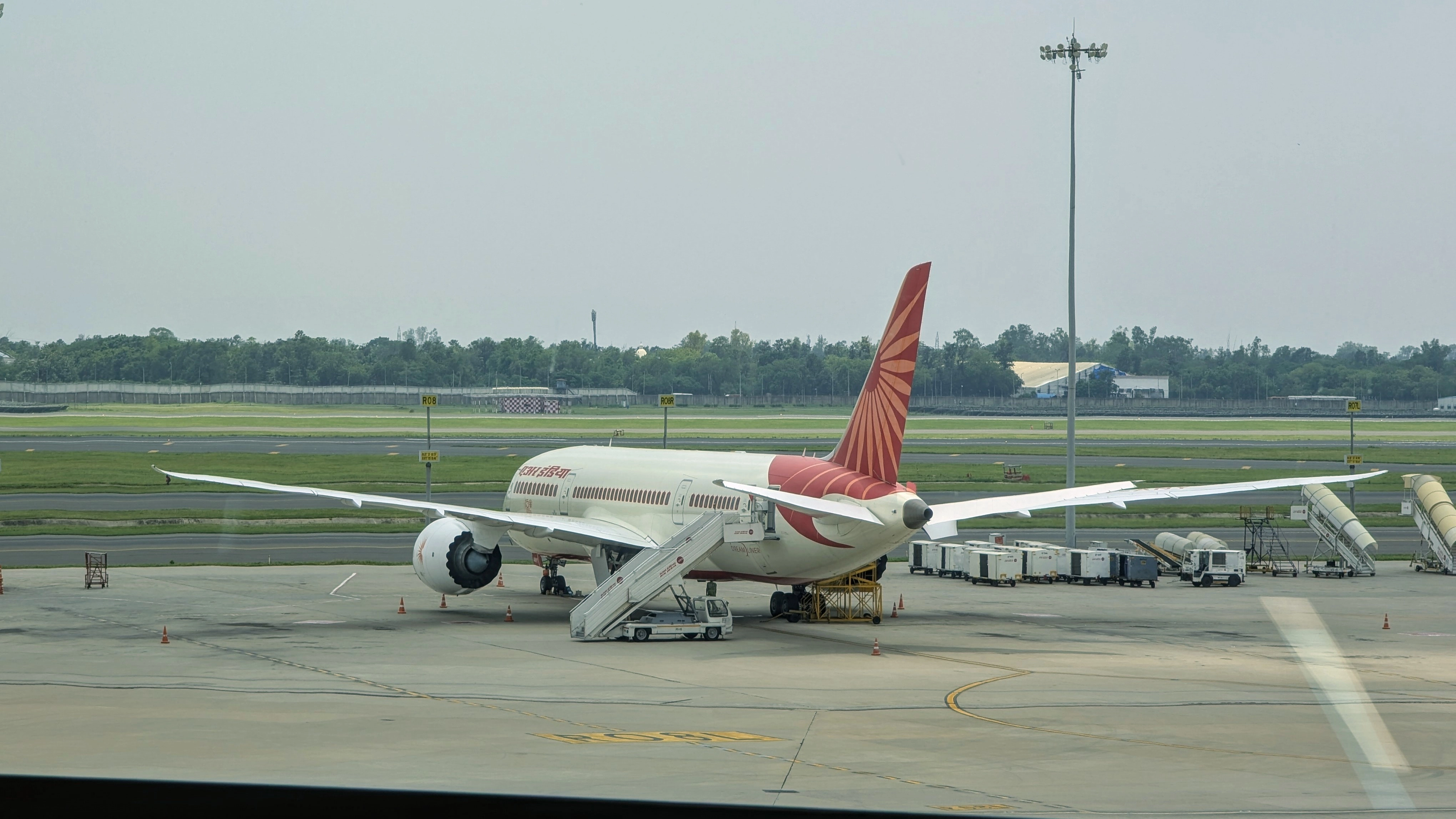An Air India flight en route from Tokyo to Delhi was unexpectedly diverted to Kolkata due to a warm temperature issue reported in the cabin. Passengers aboard the flight experienced elevated temperatures, which raised concerns about their comfort and safety. The decision to divert the aircraft was made as a precautionary measure to ensure that all individuals on board could be attended to in a more controlled environment. Such incidents underscore the importance of maintaining optimal cabin conditions, which are crucial for passenger well-being during long-haul flights.
The flight, which was carrying a significant number of passengers, had to make an unscheduled landing, creating a ripple effect for travelers who were eagerly awaiting their arrival in Delhi. Air travel inherently involves various risks, and while airlines strive to provide a seamless experience, unforeseen circumstances can arise. The crew worked diligently to manage the situation, keeping passengers informed and ensuring that their needs were met during the diversion.
Upon landing in Kolkata, the airline made arrangements for the passengers, including providing assistance and accommodations as necessary. Air India, like many other airlines, has protocols in place for such emergencies, ensuring that passenger safety remains a top priority. While diversions can be inconvenient, they often serve as a reminder of the airline industry’s commitment to maintaining safety standards and addressing issues promptly.
As air travel continues to evolve, incidents like this highlight the need for continuous monitoring and upgrading of aircraft systems to prevent similar occurrences in the future. Passengers are encouraged to voice their concerns and experiences, as feedback plays a vital role in improving airline operations. Overall, while the diversion may have caused some disruption, it ultimately ensured that passengers were safe and received the necessary care during an unexpected situation.




